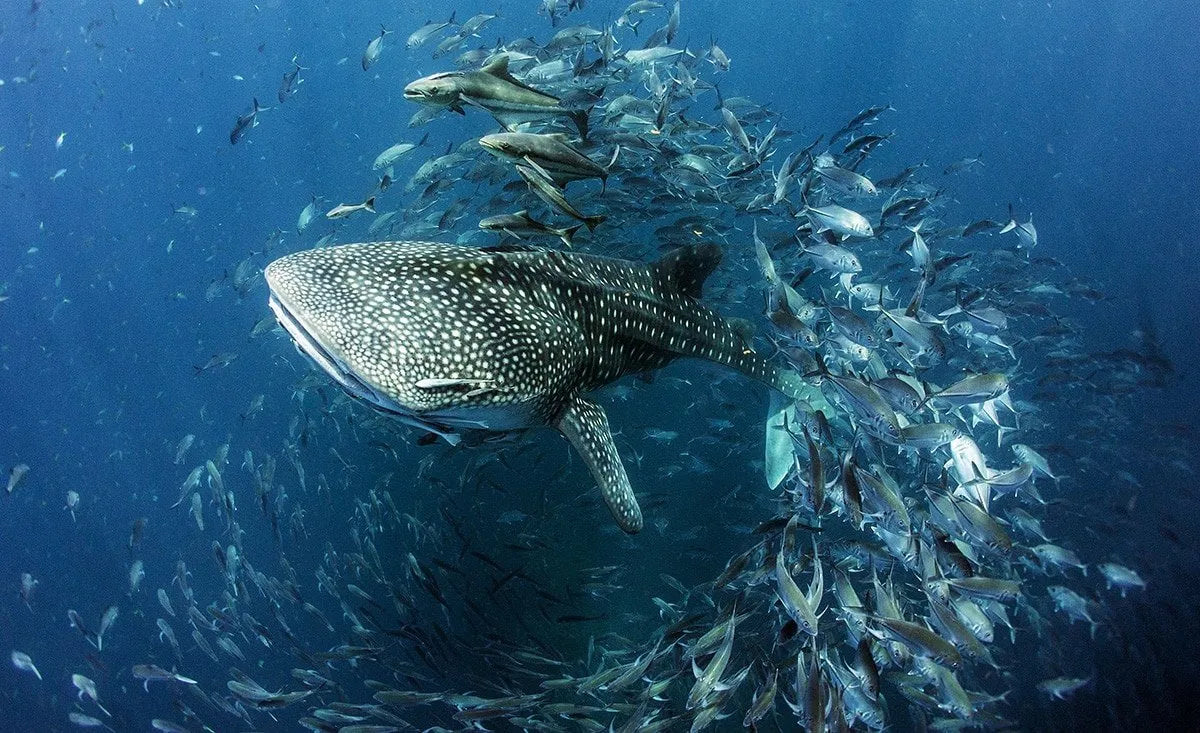A Brief History of Ocean Conservation: Where We’ve Been and Where We’re Going

The oceans, covering over 70% of our planet, are vital to our existence. They regulate the climate, support an extraordinary diversity of life, and provide resources that are crucial to human survival. Yet, these vast bodies of water are under threat from pollution, overfishing, and climate change. The need for ocean conservation has never been more urgent, but where did it all begin, and what does the future hold?
Early Awareness and Conservation Efforts
Ocean conservation might seem like a modern concept, but it has roots that stretch back over a century. The first whispers of ocean protection began in the 19th century when marine reserves were established to protect certain species and habitats. These early efforts were often limited in scope, focusing on specific areas like coastal fisheries. However, they laid the groundwork for more comprehensive conservation movements.
Marine biology emerged as a scientific discipline during this time, bringing greater understanding of ocean ecosystems. Scientists began to recognize the interconnectedness of marine life and the need to protect these delicate environments.
The Rise of Global Conservation Movements
The 20th century saw the rise of global conservation movements that brought ocean protection to the forefront of environmental discussions. The 1960s and 1970s, in particular, were a turning point. Growing awareness of pollution, overfishing, and the decline of marine species led to the establishment of international agreements and organizations dedicated to ocean health.
One of the most significant milestones was the United Nations Convention on the Law of the Sea (UNCLOS), established in 1982, which set guidelines for the use and protection of the world’s oceans. Around the same time, organizations like Greenpeace and Oceana were founded, advocating for stronger environmental protections and greater public awareness of ocean issues. In 1992, the first World Oceans Day was celebrated, marking a global commitment to preserving ocean health.
Challenges Faced in Ocean Conservation
Despite these efforts, ocean conservation has faced numerous challenges. Overfishing remains a major threat, with many fish populations declining at alarming rates. Pollution, particularly from plastics, has reached crisis levels, with millions of tons of plastic waste entering the oceans each year. Climate change is causing ocean temperatures to rise, leading to coral bleaching, sea level rise, and more frequent and severe storms.
Policy changes often come slowly, and enforcement of conservation measures can be inconsistent. Economic activities like oil drilling and commercial fishing frequently clash with conservation goals, making it difficult to balance ecological preservation with economic interests.
Recent Advances in Ocean Conservation
In recent years, there have been significant advances in ocean conservation. Marine Protected Areas (MPAs) have expanded, now covering more of the ocean than ever before. These areas are crucial for preserving biodiversity and allowing ecosystems to recover from human impacts.
Technological advancements have also played a key role. Innovations like satellite monitoring and drone surveillance help track illegal fishing and monitor marine environments more effectively. Public awareness of issues like plastic pollution has grown, thanks in part to documentaries and global campaigns, leading to changes in consumer behavior and corporate responsibility.
International agreements, like the Paris Agreement, have started to recognize the importance of ocean health in combating climate change. The United Nations’ Sustainable Development Goal 14 explicitly aims to “conserve and sustainably use the oceans, seas, and marine resources for sustainable development.”
The Role of Businesses and Communities
Businesses and communities are increasingly recognized as essential players in ocean conservation. Companies like Jetsam Salvage Co. are leading by example, transforming oceanic plastic waste into valuable, eco-friendly products. These efforts not only reduce pollution but also promote sustainable consumption.
Local communities are also key to successful conservation. Coastal clean-up initiatives, educational programs, and grassroots movements empower individuals to take action and protect their local marine environments. When communities and businesses work together, they can create powerful change that benefits both people and the planet.
Where We’re Going
Looking ahead, the future of ocean conservation holds both challenges and opportunities. Blue carbon initiatives, which focus on protecting and restoring coastal ecosystems like mangroves and seagrasses that sequester carbon, are gaining traction. These efforts are not only vital for climate change mitigation but also for protecting biodiversity.
Technology will continue to play a critical role. Advances in marine monitoring, restoration techniques, and sustainable fishing practices could lead to more effective conservation strategies. Greater ocean literacy—understanding the importance of the oceans and the threats they face—will be essential in fostering a global commitment to ocean health.
The Ongoing Journey
Ocean conservation is a journey that requires collective action. Governments, businesses, communities, and individuals all have a role to play in protecting our oceans for future generations. At Jetsam Salvage Co., we are proud to contribute to this cause by turning ocean waste into beautiful, sustainable products. Every purchase supports our mission to reduce plastic pollution and promote a healthier planet.
As we look to the future, we remain committed to driving positive change and inspiring others to join us in protecting our precious oceans.







bro what
Im sigma
Im sigma
Im sigma
bro ur name is literally rizzer. this is supposed to be serious _
Leave a comment